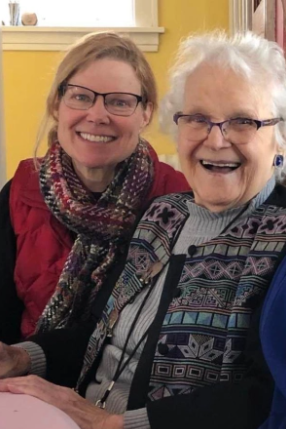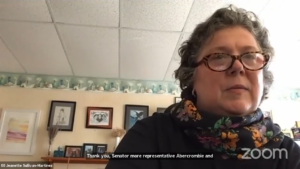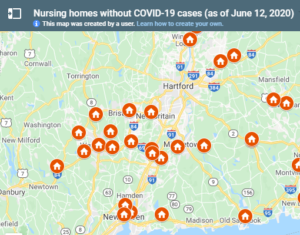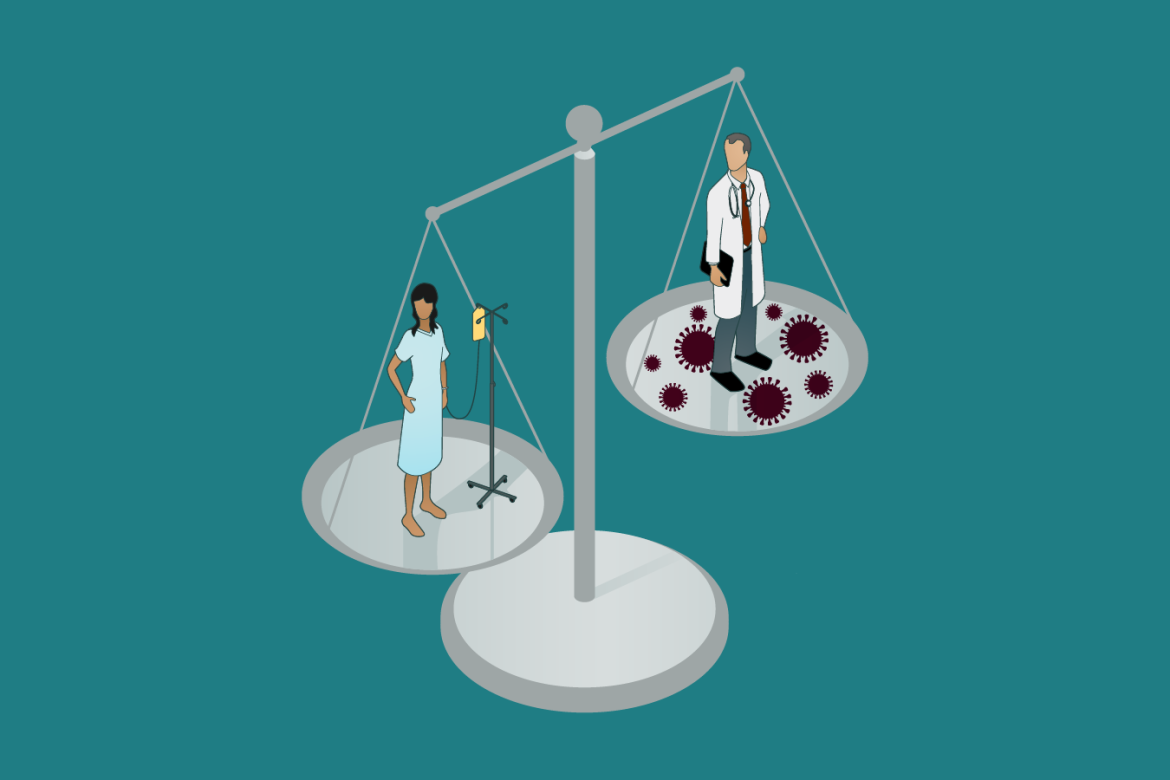“The health plan can determine how long someone is in a nursing home typically without laying eyes on the person.”
By Susan Jaffe | Kaiser Health News | October 4, 2022 | This KHN story also ran on 
“This seems unethical,” said daughter Amy Loomis, who feared what would happen if the Medicare Advantage plan, run by UnitedHealthcare, ended coverage for her mother’s nursing home care. The facility gave Christopherson a choice: pay several thousand dollars to stay, appeal the company’s decision, or go home.
But instead of being relieved, Christopherson and her daughter were worried because her medical team said she wasn’t well enough to leave.
Health care providers, nursing home representatives, and advocates for residents say Medicare Advantage plans are increasingly ending members’ coverage for nursing home and rehabilitation services before patients are healthy enough to go home. [Full story in and Fortune, Kaiser Health News, The Philadelphia Inquirer, and Yahoo News]
…





